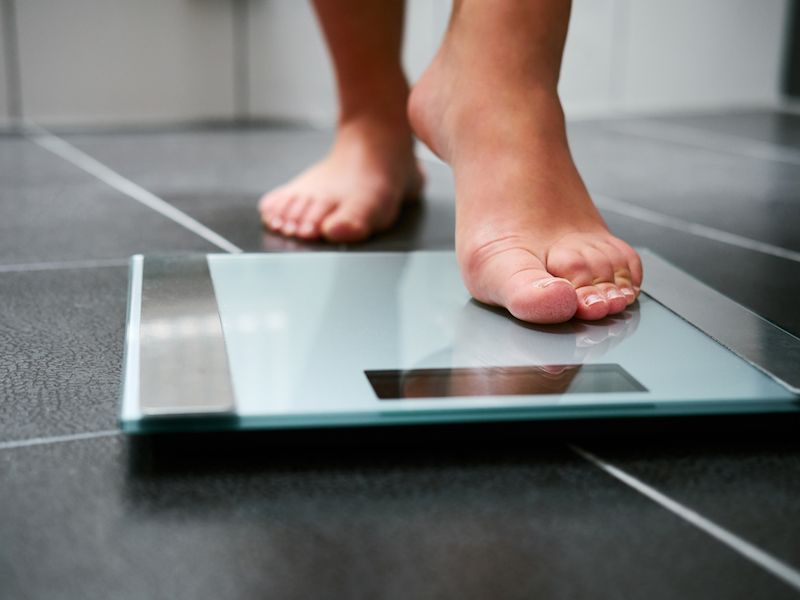
It’s well recognized, that over longer periods of time, overeating will be detrimental to your health. Obesity is related to a number of health concerns. You can add hearing loss to high cholesterol, heart disease, and diabetes as a potential issue. It’s estimated that approximately 48 million people in the United States, hearing loss is an issue for approximately 20% of the U.S population, and in adults it’s nearly twice that number, 93 million, are obese. Throughout the country, these staggering numbers point out a significant health issue.
What is The Relationship Between Hearing Loss And Being Overweight?
Several studies have demonstrated that there’s a link between being overweight and hearing loss. While researchers are still studying the connection, it’s believed that hearing loss and being overweight have a relationship because the circulatory system is affected. What’s more, obesity is connected to diabetes and high blood pressure, which are also connected to hearing loss.
The inner ears are filled with tiny hairs that perceive sound in the ear. So that they can work effectively, these tiny hairs, called stereocilia, have to have a steady flow of blood. Obesity restricts the blood flow in the body since the heart will have to work extra hard to get the blood to flow throughout the body, which means that there is less than ideal amount of blood flow available to your ear. This could irreversibly harm the ears. Heart disease, high blood pressure, and diabetes impact the inner ear in the same way, as all of these illnesses adversely impacts your circulation.
It’s especially necessary to keep control of your weight as you age since age-related hearing loss is also connected to a high fat mass index. In the past, your body’s metabolism worked more efficiently and faster, which is the reason why you should attempt to form good habits when you’re younger and stick to those habits as the years go by.
A good diet and exercise are great for your overall health and your ears.
Obesity Associated Loss of Hearing Treatment Options
If your loss of hearing is brought about by obesity, you might never be able to get it back, nevertheless, it’s always best to get your ears tested to identify the magnitude of your hearing loss. If the damage is irreversible, you may need a hearing aid or other device to begin hearing properly again.
If the damage is not that extreme, you might have considered trying to consult your physician about developing an exercise and diet strategy to decrease the effect your weight has on your health before it gets any worse. Your doctor should prescribe a cardio intensive exercise routine that will strengthen your general health and get your blood pumping. You will most likely find that other aspects of your life also improve, mental health, for example, since consistent exercise has been proven to reduce depression.
How Can You Avoid Obesity-Related Hearing Loss
In order to prevent obesity-related hearing loss consistent exercise and a healthy diet are a must. staying healthy can also assist in keeping your ears in superior condition. A plan that can assist you to reach your goals and that is individualized for you can be planned by a nutritionist. The task of the nutritionist is to make sure you’re consuming the best blend of nutrients in nutritious foods, such as foods that have plenty of iron, since, you guessed it, a lack of iron in your diet can lead to tinnitus and cause loss of hearing.
Find out more regarding hearing loss and how you can hear better with the correct treatment.